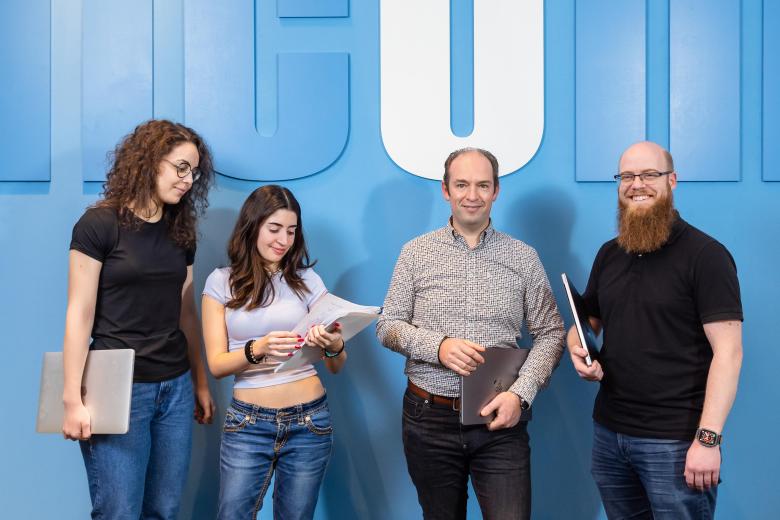Frank Wesselingh appointed Professor of Palaeobiology
Naturalis palaeontologist Frank Wesselingh has been appointed to the endowed chair in Conservation Palaeobiology at Maastricht University. His work bridges the past and the future of biodiversity.
Results from the past do not guarantee the future. However, if it were up to earth scientist Prof. Dr. Frank Wesselingh, this would indeed hold true for biodiversity crises. Using (fossil) shells, he reconstructs the evolution of ecosystems and biodiversity throughout history. He is particularly interested in moments within the geological time record when life underwent significant changes.
Present vs past
Research into changes in the geological past is highly relevant to today’s situation, where changes in nature are occurring at an alarmingly fast pace. Wesselingh’s work on the Caspian Sea showed that it is drying up at an extremely rapid rate, and that we could face a massive biodiversity crisis within this century. "This could completely wipe out the evolution of the unique Caspian life forms that have developed over the last million years," he fears.
With insights from this kind of research, we are able to estimate when crises might be triggered. But we are also able to look for solutions. In this context, the involvement of a wide range of partners, from research organisations and nature reserves to politicians and enthusiasts, is becoming increasingly important. This is a key theme in Wesselingh's work.
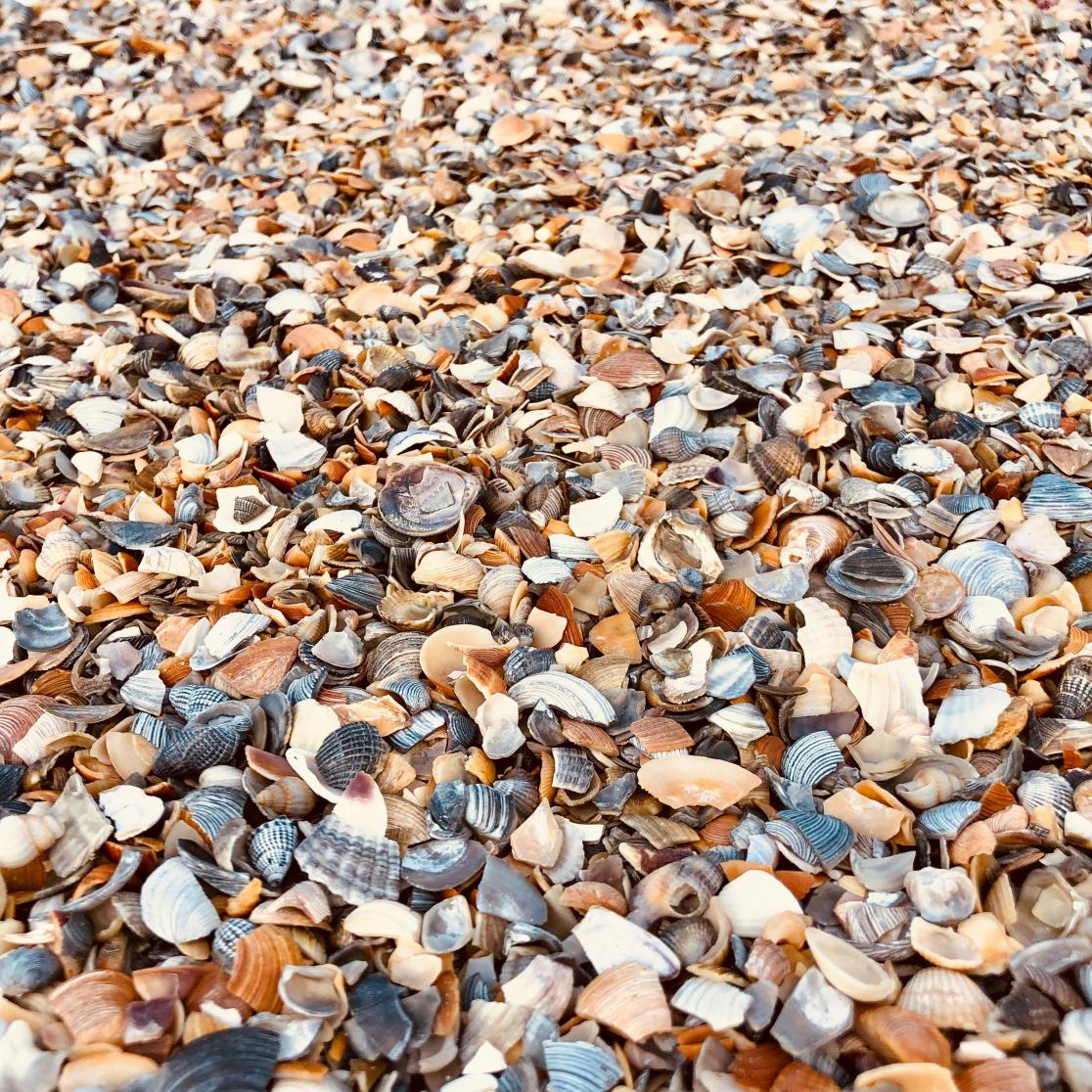
Education
Due to the connection with conservation, he has been appointed to the endowed chair in Conservation Palaeontology at the Maastricht Science Programme of the Faculty of Science and Engineering. Wesselingh says: “Maastricht lies on top of chalk rock, which tells the story of one of the largest extinction crises we’ve ever had, namely the end of the age of the dinosaurs.” Using Maastricht University’s distinctive Problem-Based Learning approach, he aims to contribute to educating a new generation of interdisciplinary scientists and communicators who are willing to draw lessons from the past to create a more sustainable future for our planet.
In addition to his professorship at Maastricht University, Wesselingh will continue his work at the Naturalis Biodiversity Center in Leiden. Naturalis has professors at nearly all Dutch universities, supporting national efforts in biodiversity research and education.
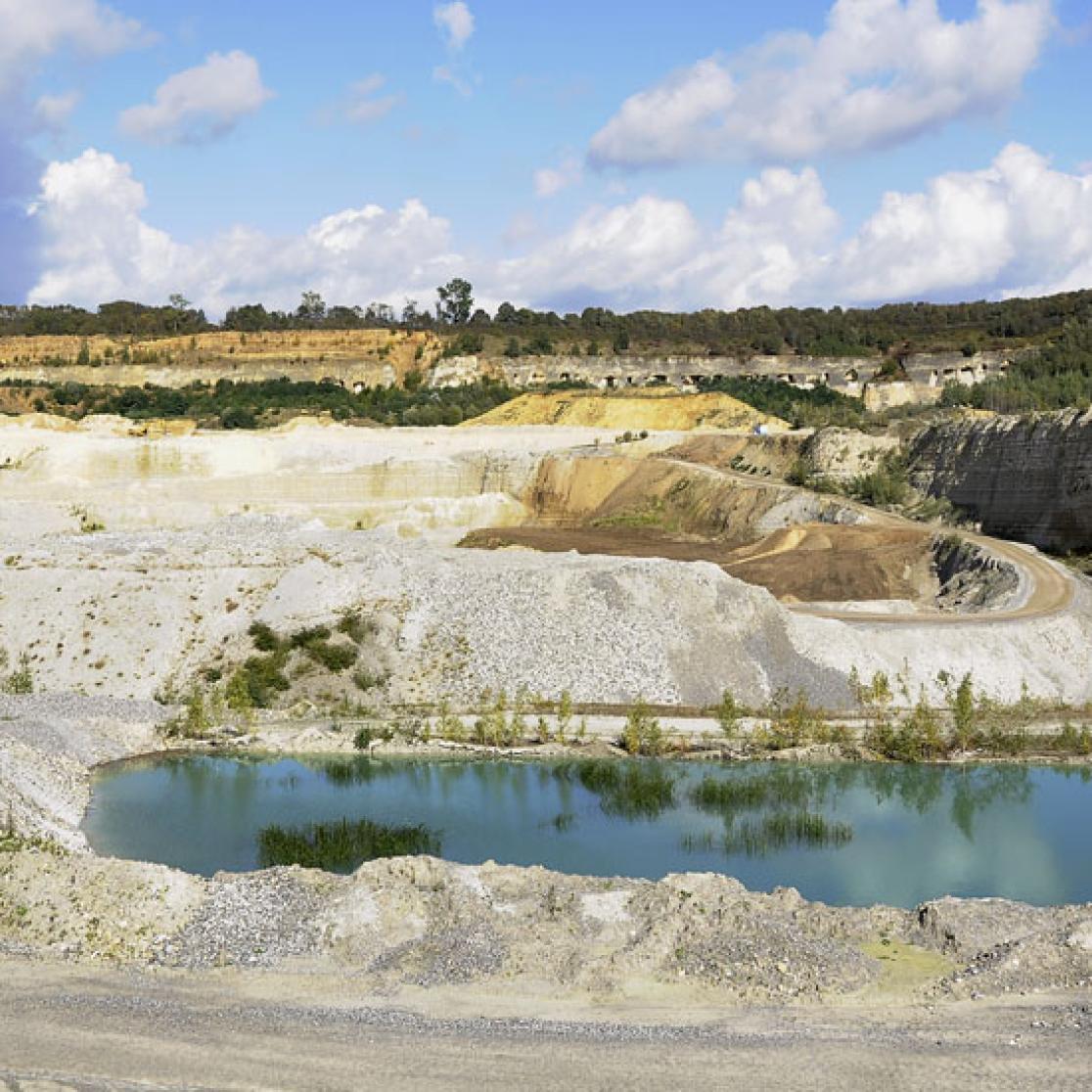
Also read
-
Ron Heeren appointed fellow of the Netherlands Academy of Engineering
Professor Ron Heeren, distinguished university professor at Maastricht University (UM) and director of the Maastricht MultiModal Molecular Imaging Institute (M4i), was appointed as a fellow of the Netherlands Academy of Engineering (NAE) on Thursday 11 December.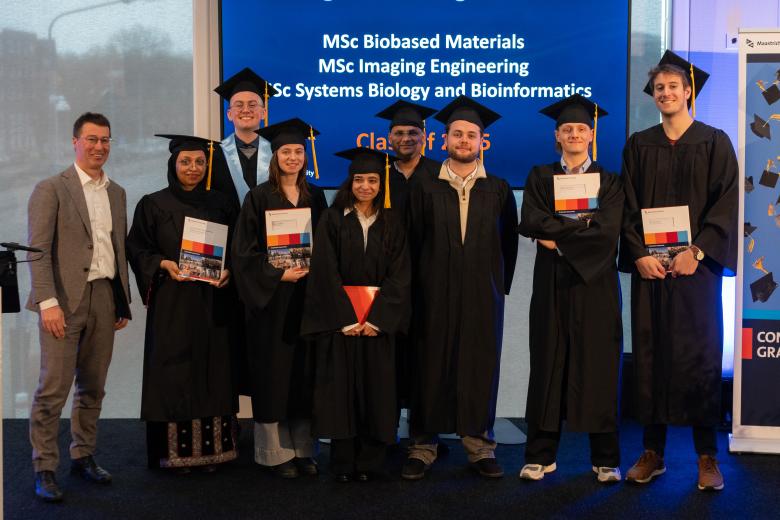
-
UM builds open education and digital literacy into BKO/UTQ
Maastricht University is taking a practical step to support early-career teachers: open education and digital literacy will be built more firmly into the BKO/UTQ.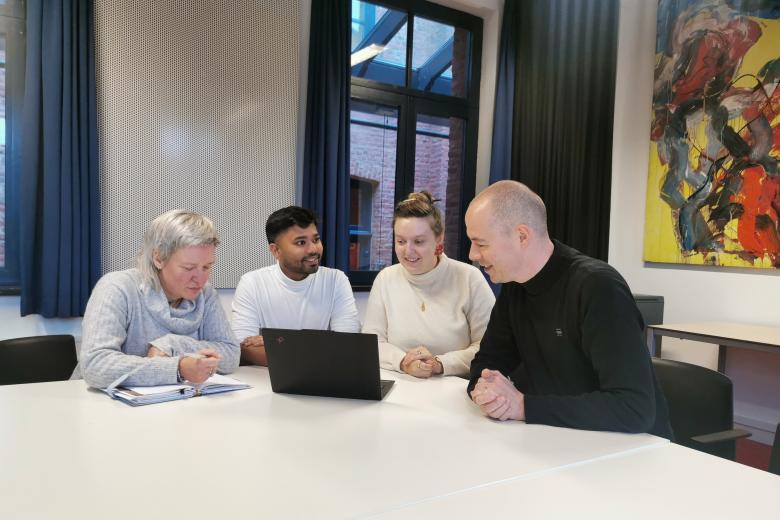
-
Companies unlock Maastricht University’s hidden talent
@Work students serve as a bridge between academia and industry, helping companies recognise the university’s strengths. “We’re a hidden gem that’s gradually being discovered, as more and more people learn that we are one of the largest academic data science and AI programmes in the Netherlands